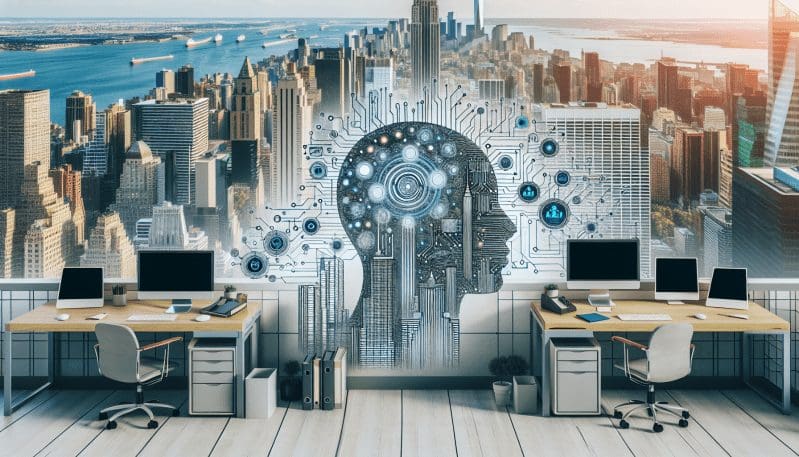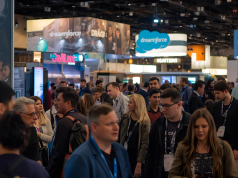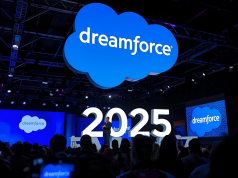In the ever-evolving landscape of the modern workplace, the buzz around artificial intelligence (AI) is impossible to ignore. It’s a transformative force acting on the very fabric of our industries, reshaping jobs, skills, and the economic dynamics of cities like New York. As ‘The Work Times’—a publication at the intersection of work, worker, and workplace—dives into this topic, it’s important to understand how New York’s workforce is gearing up to meet the challenges and opportunities AI presents.
The sectors most impacted by AI range from finance and healthcare to retail and transportation. Wall Street, for instance, is seeing a surge in algorithmic trading and robo-advisors, altering the role of financial analysts and advisors. Healthcare professionals are adapting to AI diagnostics, which, while improving patient outcomes, also demand a new set of technological competencies from practitioners.
The job landscape is undergoing a seismic shift. Routine tasks are increasingly automated, leading to job displacement, while the demand for jobs in AI, data analysis, and cybersecurity is skyrocketing. However, this shift isn’t a one-way street leading to job loss; it’s a complex reconfiguration of roles where human ingenuity and soft skills—such as emotional intelligence and creative problem-solving—are more valuable than ever.
As workers navigate this new terrain, staying relevant becomes paramount. Lifelong learning isn’t just a catchphrase—it’s a necessity. Forward-thinking education systems in New York are beginning to integrate AI learning into their curricula, from K-12 to higher education, ensuring the next generation is AI-savvy. Meanwhile, businesses are investing in upskilling their existing workforce to bridge the technology gap.
Economically, AI has dual potential: on one hand, it can streamline operations and create new markets, boosting economic growth; on the other, it risks widening the income gap. New York’s economic infrastructure, with its diverse economic base, could be resilient, but targeted policies and inclusive growth strategies are essential to ensure AI benefits the broader demographic.
So, what can you, our readers, do to future-proof your careers? Embrace continuous learning; enhance your technical skills while nurturing the human qualities AI can’t replicate. Network in your industry to stay abreast of the latest AI trends. Advocate for training programs within your organization, and if you’re in a leadership role, prioritize workforce development to keep your team competitive.
The integration of AI into New York’s workforce is a complex but navigable journey. By understanding the sectors most affected, staying adaptive in the face of changing job landscapes, and supporting robust education and business strategies, New Yorkers can not only adapt but thrive in the age of artificial intelligence. The future of work is unfolding, and it’s time for all of us to chart its course proactively.




























